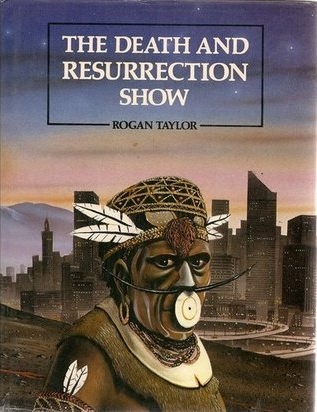This has just been published and looks very interesting:
- April 2023·256 pages·216x138mm
- ·Hardback - 9781786839916
- ·eBook - pdf - 9781786839923
- ·eBook - epub - 9781786839930
About The Book
This book asks why so many authors drew on Cornwall for inspiration across the long nineteenth century, and considers the seismic cultural changes in Cornwall that spurred this interest – from the collapse of the mining industry to the developing national rail network; from the birth of tourism to the neomedieval rise in interest in King Arthur. Understanding frequently overlooked Cornwall in this period is vital to understanding Gothic literature, the Victorian imagination, intellectual and creative networks, and attitudes towards regionality. The first part of the book considers landscape and legend, defining a mining Gothic tradition, exposing the shipwreck as Gothic mastertrope, and demonstrating how antiquarians drew from Cornish legends and lore. The second part explores encounters with modernity, investigating the impact of railway expansion on access to Cornwall, the development of a Cornish King Arthur as a key figure of Victorian masculinity, and the specific features of the Cornish ghost story.
Contents
Introduction: Corpses, Coasts and Carriages
Cornwall: A Brief Introduction
The Cornish Gothic
The Regional Gothic
Cornish Gothic Criticism
Part One - Landscapes and Legends: Preserving and Confronting the Past
Chapter One: ‘The dead lay buried and yet unburied’: Minescapes and the Subterranean World
The Subterranean Gothic
Wheal Darkness by H. D. Lowry
Chapter Two: ‘If there’s got to be wrecks, please send them to we’: Seascapes and Shipwrecks
Shipwreck as Gothic Master Trope
The Dead Secret and Wreck Media
Bram Stoker and ‘The Coming of Abel Behenna’
Chapter Three: ‘Hear the most curious stories’: Folklore, Antiquarianism and Gothic Rewritings
In the Roar of the Sea by Sabine Baring-Gould
Part Two – Travel and Tourism: Cornish Identity and Encounters with Modernity
Chapter Four: 'Out of the sound of the railway whistle': Gothic Travel and the Expansion of the Railway
Victorian Gothic Travel
Victorian Travel in Cornwall
The Jewel of Seven Stars and Gothic Travel into Cornwall
‘Colonel Benyon’s Entanglement’
Chapter Five: ‘The poet gives all his votes to us’: King Arthur and Arthurian Tourism in Tintagel
Nineteenth-Century Medievalism
Arthur in Cornwall
Case Studies
Chapter Six: ‘A phantom to proclaim their hoary and solitary age’: Cornish Ghosts and Hauntings
Visiting Haunted Cornwall
Economic Spectres
Haunted Shores
Conclusion
About the Author(s)
Joan Passey is a lecturer in English at the University of Bristol, specialising in the cultural history of coasts and seascapes.
Source:
https://www.uwp.co.uk/book/cornish-gothic-1830-1913/




